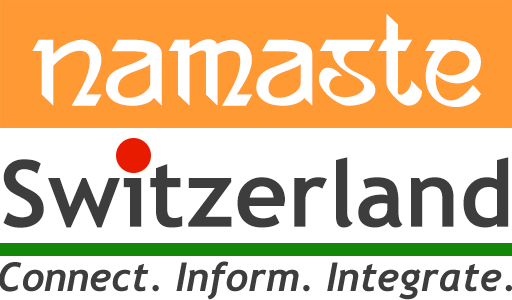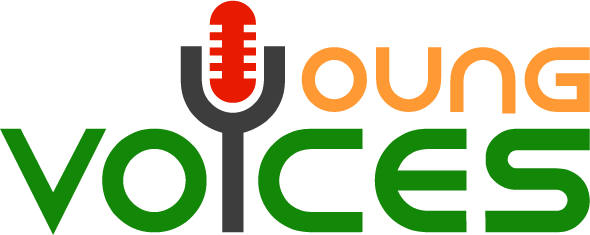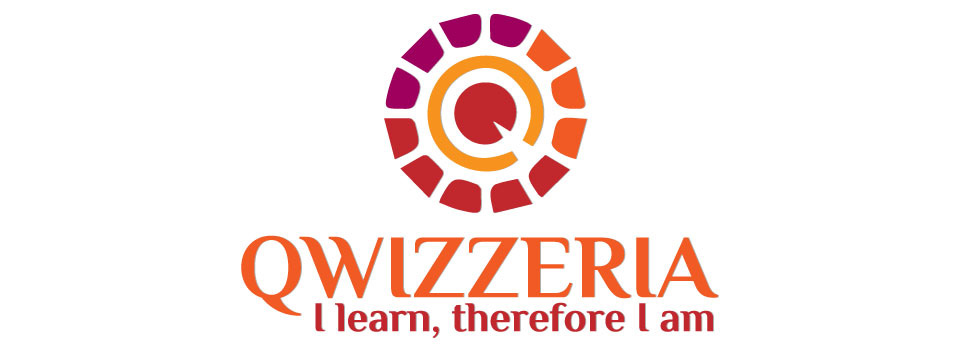After that long summer hiatus, Pragati Siddhanti continues the series of finding a job in Switzerland.
The first 3 parts covered everything around permits, language, job listings, social media. And now she details interview needs. Here are the links to the previous parts – Part 1, Part 2 and Part 3.
Getting an interview lined up is a “big deal”, and it is extremely crucial to remain well prepared. So, if you’ve recently landed an interview, congratulations, you’ve done a lot of things right.
In this post I am going to give you 7 essential tips to ace that interview you’ve waited for:
- Read the Job Description (again) – Not the way you did when you applied, but this time read EVERY SINGLE WORD. Understand the role; ask around if some statement/section is unclear. Once you’ve understood, begin the preparation. Think of how your experience and skills relate to the job and think of instances or examples that you might want to quote during the interview. Write everything down, this is not your last interview – you want to record all the effort you’re putting in. I make a ton of notes before any interview and reuse some of the parts time and again.
- “Tell me about yourself” – If there is one question that you know is going to be part of an interview, then this is the one. No matter what the role; your panel is asking you about yourself. Often people underestimate this part of an interview; but this is the most critical question that defines the complete steer of that hour-long interview. Write down your answer and rehearse this several times. This is your elevator pitch and you must exude confidence on this one.
- Read about the organisation and the particular team; if you have friends in the organisation – you might want to make some notes based on the information they are willing to provide. The more you know, the better your preparation.
- Demystify the experience to beat your nervousness – Try to list down everything that they may be interested in knowing about the job and the company. When you are invited for an interview, you are almost always given the name of the interviewer or the panellists – it’s a good idea to look them up. This helps you understand their experience and their role, which consequently allows you to map out what they might be looking for. It is better than battling the “unknown”. Don’t lose perspective, an interviewer at the end of the day is also a human being and has been on the other side of the chair.
- Try to make the interview a 2-way conversation as opposed to a Q&A session – Firstly, this calms you down and secondly, if you can achieve this whether you get the job or not the exchange remains interesting and calm. Some ways to do this – start your answers with a positive affirmation, ask a follow up question after you’ve answered, be genuine and use as many examples as possible to substantiate your answers.
- Asking questions – aye or nay? Obviously a big YES! I never wait till the end of the interview to ask questions. For an interview to be a conversation and to be more fruitful – be an active listener and ask relevant well thought out questions during the exchange. If you have any questions pertaining the role, this is the time to ask – people are often happy to explain the positioning of the role and provide more details.
- And finally, stay genuine – when you make up answers and when you are trying to project someone you are not – trust me – it shows up pretty early during the conversation. It is never a good idea to under- or over-project your profile. People are getting more and more appreciative of the “continuous learning” spirit and a positive attitude. Bring that to the table!
There are a huge number of of blogs on this topic and I am sure there are plenty of tips you will find.
I hope that this article will help you become more successful in interviews and has increased the probability of you receiving an exciting job offer.
Before I sign off, I’d like to add – whether your interview is successful or not, you always learn a lot from the process itself. You don’t always make it – we’ve all had our fair share of failures – but it’s important to have significant takeaways from each of these learning experiences.
Pragati Siddhanti is an IT Manager by profession and the co-founder of Be For Beauty. She lives in Basel, Switzerland with her family. You can contact her on – pragati@beforbeauty.com
Disclaimer: Opinions expressed belong solely to the content provider. Namaste Switzerland does not undertake any financial/reputational/legal/misrepresentational impact or other obligations/ liabilities that may arise from the content.












